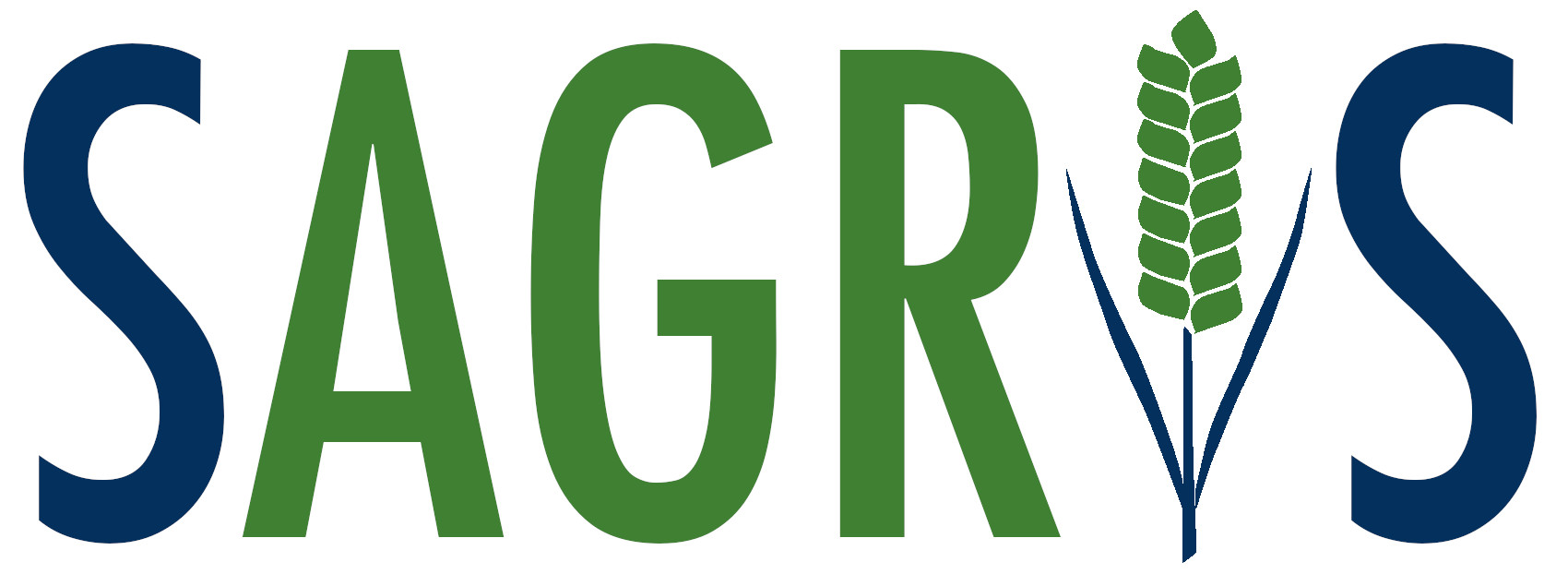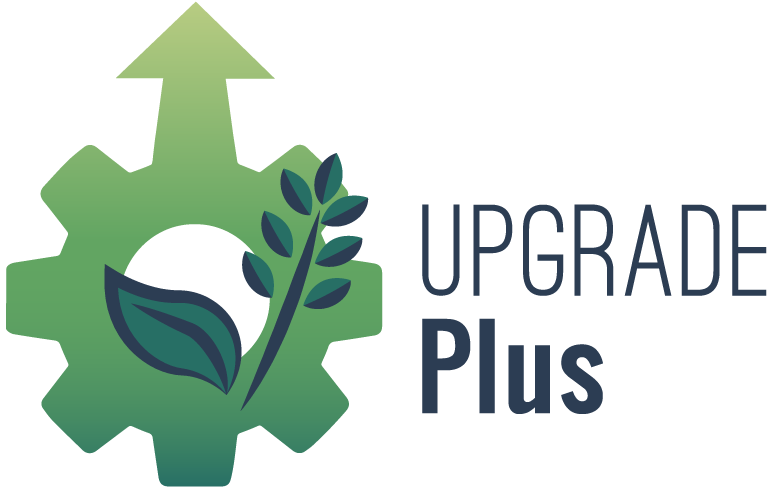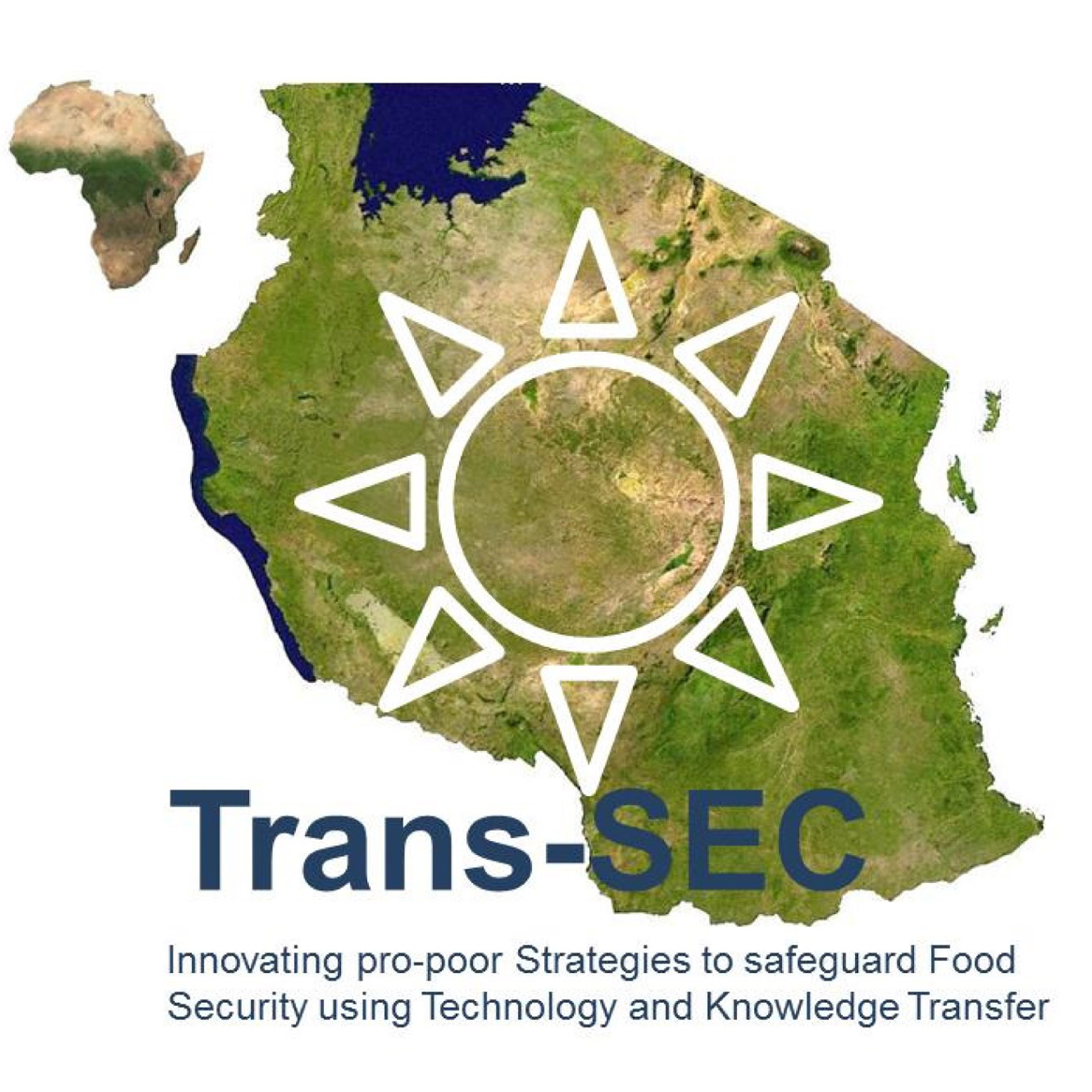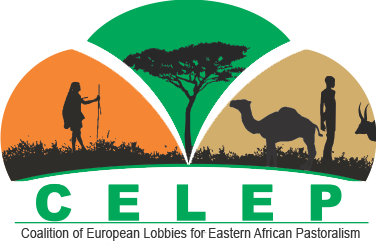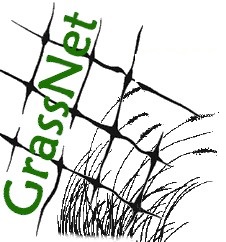I07 International land use systems research
Dr. C. Hülsebusch, Prof. Dr. E. Schlecht
Biannual - Forthcoming in the academic winter term 2018/19
Module contents:
Through the combination of one semester of preparatory impulse lectures and student seminars and the 12-14 day excursion to a (sub)tropical country, this module provides participants with interdisciplinary insights into the bio-physical and socio-economic components of agro-silvo-pastoral systems in the global context. The small- to largesize farm enterprises, processing plants and marketing organisations to be visited during the excursion exemplify the opportunities and challenges of agricultural activities in their specific context, whereby particular attention is paid to aspects of sustainability and environmental safety.
The excursion targets regions where the two universities conduct research programmes, and also includes visits to partner universities and (inter)national research institutions. This will allow the MSc students to gain a first impression of how field research is organized and carried out in (sub)tropical countries. Up-to-date research approaches are presented to the participants and questions targeting the sustainable use of natural resources as well as questions of development cooperation are discussed in an international and interdisciplinary context.
Module objective:
- To gain multi- and interdisciplinary insight into (international) approaches towards opportunities and challenges of agro-silvo-pastoral production systems, sustainable resource use and agricultural development interventions.
- To familiarize participants with theoretical and practical questions of field research in an international context.
6th Joint Interdisciplinary Study Tour – Costa Rica 2017: “Biodiversity as economic basis for welfare – the case of Costa Rica”, March 14th–26th 2017
Costa Rica – the Central American country named by Columbus “Rich Coast” - did not prove to be rich in precious metals but is indeed wealthy in terms of natural treasures. Located between Panama in the South and Guatemala in the North, bordering the Caribbean and the Pacific Ocean, the Republic of Costa Rica hosts a variety of different tropical ecological zones and forest landscapes. Widely known for its rich biodiversity and strong conservation efforts, 26% of its land is currently under protection. Among the Central American States, Costa Rica has the highest standard of living. At the same time the country’s agricultural sector is famous for its cash-crop production - principally pineapple, banana and coffee - with all the ecological and social impacts of an intensive plantation economy.
The 2017 excursion will particularly focus on biodiversity as the economic basis for agriculture, forestry, tourism and all subsequent economic sectors. In cooperation with the Tecnologico de Costa Rica the organizers have developed a two-week study tour to a variety of producers, processors and projects, demonstrating the diversity of land- and resource-use systems in Costa Rica - from large to small scale, from intensive to extensive, from collective to individual. The excursion thus aims at a deeper understanding of transforming biodiversity into economic wealth.
Terms of participation:
- 20 student places available – 10 each for the Universities of Kassel in Witzenhausen and Göttingen
- Personal study focus on tropical/development aspects of agriculture, forestry, geography, or related subject
- Competitive selection by study performance, motivation, and English language proficiency (Spanish is an asset)
- Participants must take part in a preparatory seminar (2 contact hours/week) during WS 2016/17
- Funding is partly provided by the participating faculties/universities and DITSL Witzenhausen
- The organizers and participants will need to secure further third party funding from external donors
- Participants must contribute approx. € 900 each to the total costs – further funding or sponsorship acquired by participants from sources other than the universities or the DAAD may reduce participants’ own contribution
Interested? - Submit your expression of interest incl. CV (1 page), motivation statement (1 page), transcript of records,
proof or evidence of English language proficiency to:
This email address is being protected from spambots. You need JavaScript enabled to view it. or This email address is being protected from spambots. You need JavaScript enabled to view it. – deadline: September 30, 2016
Note: This excursion is part of the Module I07 “International land use systems research” (6 ECTS credits)
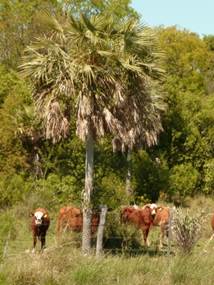

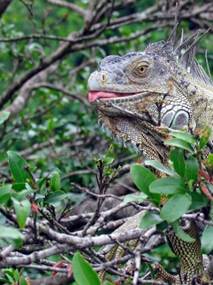
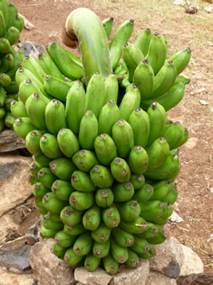
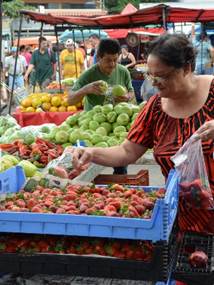
Previous excursions led to:
A07 Unconventional livestock and wildlife management, utilization and conservation
Biannual block module
Time: Forthcoming in the academic summer term 2019
Module contents:
Unconventional livestock in Asia/Oceania, Africa and Latin America: Biology, management and, production systems. Commercial and subsistence products from little known domesticated animal species. Local and national economic potential and contribution to local livelihoods.
Wildlife in Asia, Africa and Latin America: Biology, wildlife demography and modeling of population dynamics, human/wildlife conflicts, international conventions on (agro)-biodiversity and conservation, strategies for wildlife conservation through utilisation, different wildlife utilisation concepts, wildlife based tourism, terminal wildlife utilization of different intensity ("Hunting/Trophy hunting", "Game-Ranching", "Game Farming", "Feedlot" with beginning domestication), community-based utilisation cum conservation approaches.
Contribution of wildlife utilisation to the livelihood of rural communities. Regulations, possibilities and constraints for wildlife conservation.
Module objective:
Based on the development of agriculture, particularly the domestication of animals, students know the differences between livestock and wildlife and the importance and potential of unconventional livestock and wildlife for rural development and human livelihoods in different regions of the world.
Students obtain an overview over the wide variety of unconventional livestock, their adaptive features, biology and ecology and the various production systems under which they are kept. Students also familiarize with the variety of wildlife species, their biology, ecology and population dynamics and the potential of their exploitation. They know the major international conventions pertaining to wildlife conservation and are familiar with the nature and magnitude of human/wildlife conflicts. They know about costs and benefits associated with human-wildlife-coexistence and understand the dilemma between (inter)national conservation objectives and local household livelihood objectives. Students obtain an overview over different terminal and non-terminal options of wildlife utilisation and management and their respective potential contribution to the above conflicting objectives.

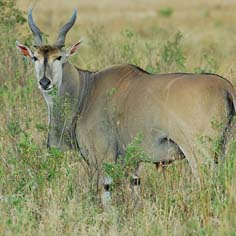


A08 Social ecology in livestock production systems
Biannual block module
Forthcoming in the academic summer term 2020.
Overview of module contents
When assessing agricultural systems as social-ecological systems, emphasis is on gaining better understanding of farmers‘ management. Through their management activities, farmers establish, maintain and develop agricultural systems. To assess these human activity systems, we use an actor-oriented approach and build on activity theory. We study how farmers regulate ecological processes in order to achieve their production goals. We thereby stress the interdependence of social and ecological processes with respect to the functioning of agricultural systems. Consequently social-ecological systems are studied using transdisciplinary research, in which diverse knowledge types (e.g. academic–practitioner) are brought together for the purpose of better understanding and ultimately improving the sustainability of human—environment systems.
In this module we deal mainly with smallholder mixed farming systems and pastoral production systems, mainly in tropical and subtropical countries. In these systems livestock plays an important role. These low external input systems are characterized by a high degree of human-environment interactions and by strong interdependencies of the production system and the location-specific production environment. Due to the contextual nature of the systems, the integration of diverse knowledge is of high importance in the development of sustainable innovations that fit into the production context and to the capabilities of farmers.
In the first part of the module, students will be provided with the theoretical background of social-ecological system functioning (system theory, human activity systems, cybernetics, resilience, adaptive capacity). In the second part, students will be guided through the different steps of collaborative learning in transdisciplinary research that consists of establishing a collaboration between different actors (e.g. practitioners, researchers, policy makers), facilitating the process of dialogue (knowledge integration), the process of discovery (co-creation of knowledge), and the application of new knowledge in practice. Moreover, we introduce and practice various methods to conduct transdisciplinary research, including e.g. stakeholder analysis, gender analysis, qualitative data collection methods, visual methods, activity and knowledge analysis, scenario analysis and role plays, farmer experimentation, participatory monitoring and evaluation.
Learning objectives
The goal is for participants to understand the role of the human actors for agricultural systems’ functioning and development. Participants will learn how they can make use of farmers’ and other practitioners’ knowledge to better understand how low external input systems work. They will pursue the question of how mutual understanding between farmers and scientists can be achieved despite the different relevance systems. They will gain knowledge about collaborative learning as a way for triggering innovation processes in agricultural systems. Participants get to know research methods and tools needed for collaborative learning and learn from examples on their practical application in transdisciplinary research. The module will be conducted interactively, creating an environment that stimulates experiential learning of all involved.
International Training Programme 2015
Theory and Workshops: Monday, 23.2.2015 – 6.3.2015

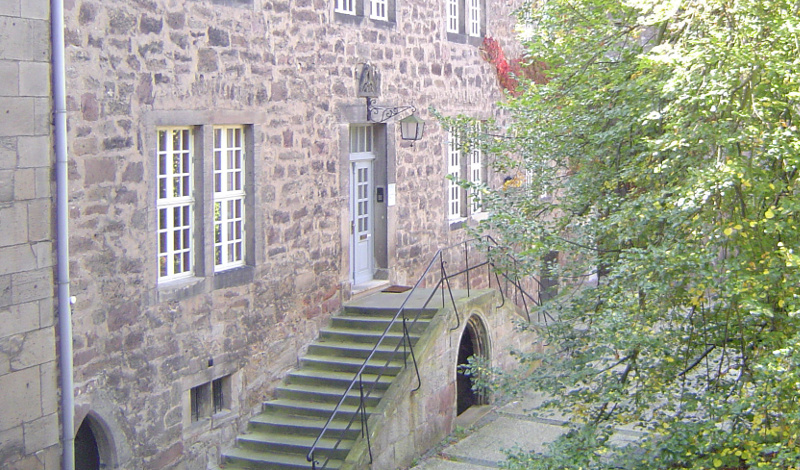




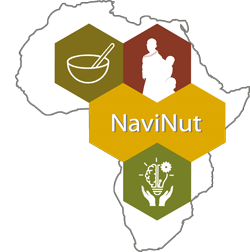 NaviNut
NaviNut